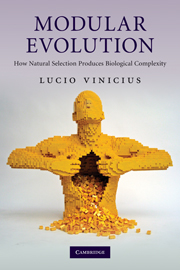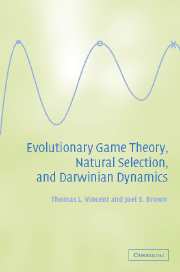Modular Evolution
Natural selection is more than the survival of the fittest: it is a force engendering higher biological complexity. Presenting a new explanation for the tendency of life to become more complex through evolution, this book offers an introduction to the key debates in evolutionary theory, including the role of genes and sex in evolution, the adaptive reasons for senescence and death and the origin of neural information. The author argues that biological complexity increased through the process of 'modularity transfer': modular phenotypes (proteins, somatic cells, learned behaviours) evolved into new modular information carriers (regulatory proteins, neural cells, words), giving rise to new information systems and higher levels of biological organisation. Modular Evolution makes sense of the unique place of humans in evolution, both as the pinnacle of biological complexity and inventors of non-biological evolution.
- Presents a clear non-mathematical introduction to key debates in evolutionary theory, making it accessible to readers without advanced knowledge of the field
- Proposes a new explanation for one of the most challenging questions in evolution: why are organisms more complex now than in the past?
Reviews & endorsements
'… interesting and informative …' Evolution & Development
'… stimulating food for thought …' The Quarterly Review of Biology
Product details
July 2010Paperback
9780521728775
248 pages
228 × 152 × 12 mm
0.4kg
4 b/w illus. 2 tables
Temporarily unavailable - available from TBC
Table of Contents
- Preface
- 1. From natural selection to the history of nature
- 2. From the units of inheritance to the origin of species
- 3. Multicellularity and the developmental code
- 4. Life cycle evolution: life and death of the soma
- 5. Sex and its consequences: the transition that never happened
- 6. Animal societies: the case of incomplete evolutionary transitions
- 7. The new 'Chain of Being': hierarchical evolution and biological complexity
- References
- Index.








